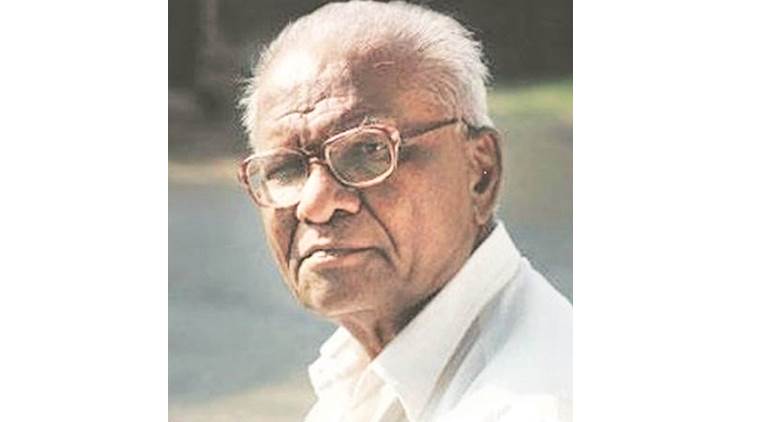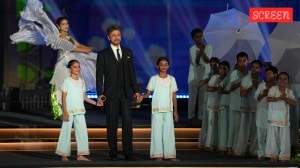Stay updated with the latest - Click here to follow us on Instagram
Pansare murder: Bombay HC refuses bail to Gaikwad, says the crime shocked society’s conscience
On February 16, 2015, Pansare and his wife, who were returning from their morning walk, were shot at by two motorbike-borne assailants in Kolhapur. He died due to complications on February 20, 2015.
 Punalekar had said there were four eyewitnesses to the murder.
Punalekar had said there were four eyewitnesses to the murder.
Pointing out that the murder of rationalist Govind Pansare had “shocked the conscience of society”, the Bombay High Court on Monday refused to grant bail to main accused in the case Sameer Gaikwad.
“Looking at the enormity of charges, this is not a fit case for granting of bail to the accused,” the court said.
Gaikwad, a member of controversial right-wing group Sanatan Sanstha, was arrested in Sangli on September 16, 2015 by the special investigation team of Maharashtra Police.
Appearing for Gaikwad, Sanjeev Punalekar had argued that he should be granted bail as he cannot be kept in “continued pre-trial detention if the trial is not going to be completed in reasonable time”.
He had referred to the apex court order which stated that detentions cannot be preventive and delay of trial is a factor for granting bail. He had further said the detention was violative of Article 21 (right to life and personal liberty).
[related-post]
Watch Video: What’s making news
The court, however, pointed out that Article 21 also contemplates deprivation of personal liberty. “In this case, due to want of evidence, the prosecution is unable to proceed with the trial. It cannot be, therefore said that the detention of the accused is violative of Article 21 as the same is authorised by law,” said Justice A M Badar.
On February 16, 2015, Pansare and his wife, who were returning from their morning walk, were shot at by two motorbike-borne assailants in Kolhapur. He died due to complications on February 20, 2015.
Stating that “prima-facie, his death seems homicidal”, the court said there was nothing to disbelieve the evidence of a child witness — who was 14-year-old then — in the case, as had been argued by the applicant.
Punalekar had said there were four eyewitnesses to the murder. Three of them had failed to recognise Gaikwad during the identification parade but a child witness had identified him. “The reading of statement of the child witness is artificial as he vividly described minor details which could have easily been available to him from other sources as the case was widely covered,” he said.
“There is nothing in the Evidence Act which states that a child witness is not a competent witness. The maturity and capability of the child will have to be ascertained by the judge during the trial stage. A child possesses photographic memory and a gruesome act like murder gets imprinted in his mind which helps him give such details. We cannot disbelieve the child witness at this stage,” observed Justice Badar, adding that non-identification of the witnesses by three other accused is of no consequence.
The court also pointed to the evidence which had come to light while Gaikwad’s phone was under surveillance and he had conversed with his colleagues and the woman he loved.
Pointing to one conversation with his lover, which the prosecution argued showed extra-judicial confession by him, Gaikwad had said, “Pansare is done, now should I take action against Nikhil Wagle (journalist.)?”
The prosecution said his conversations corroborated the evidence of the child witness.
The prosecution had also pointed out that the accused was a devotee of the sanstha which Pansare had criticised several times, leading to several civil and criminal cases being filed against him in courts in Goa. While he did not have any personal animosity against Pansare, they had different ideologies. “This was not just the murder of Pansare, but of democracy,” the public prosecutor said.







